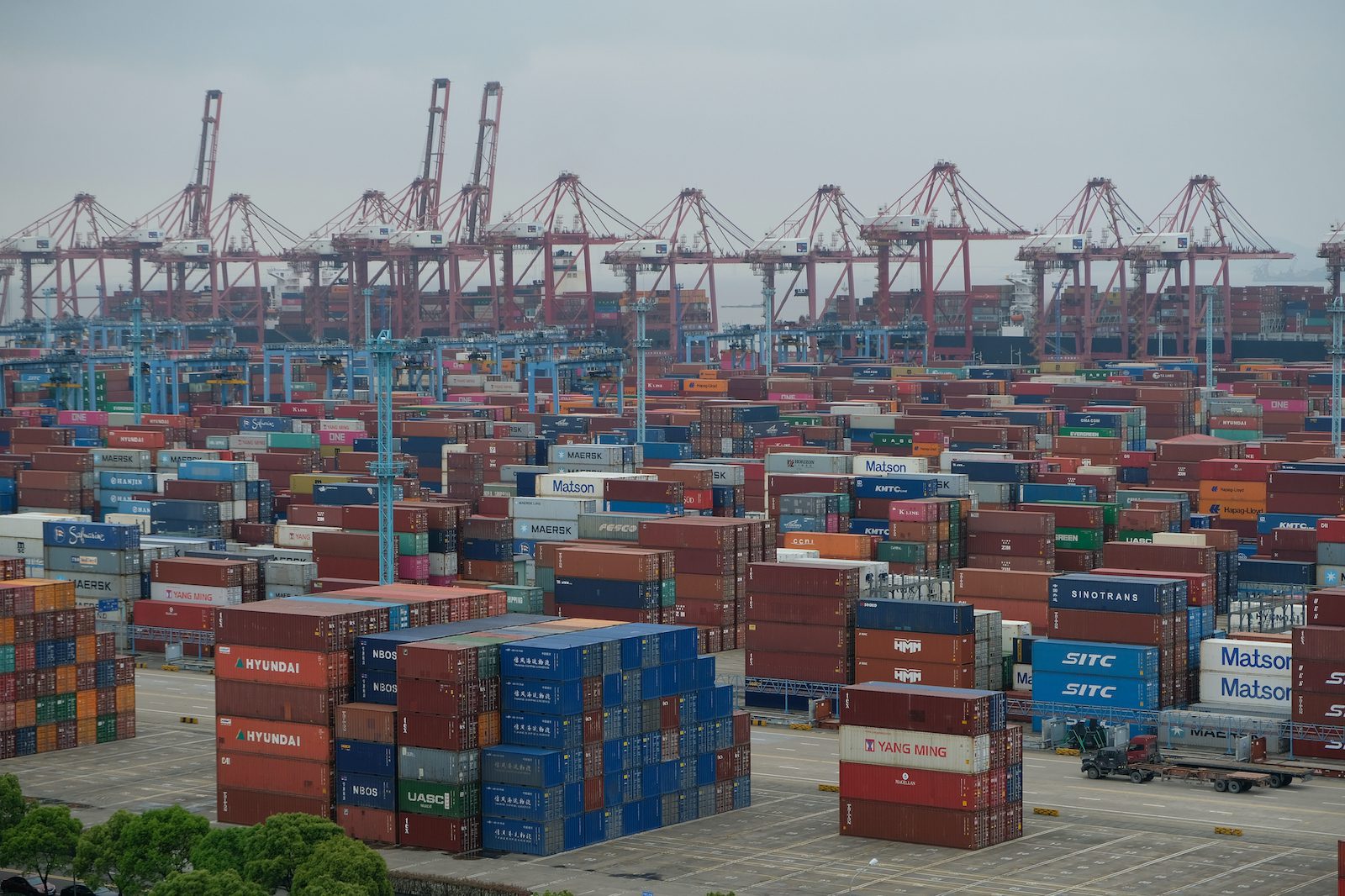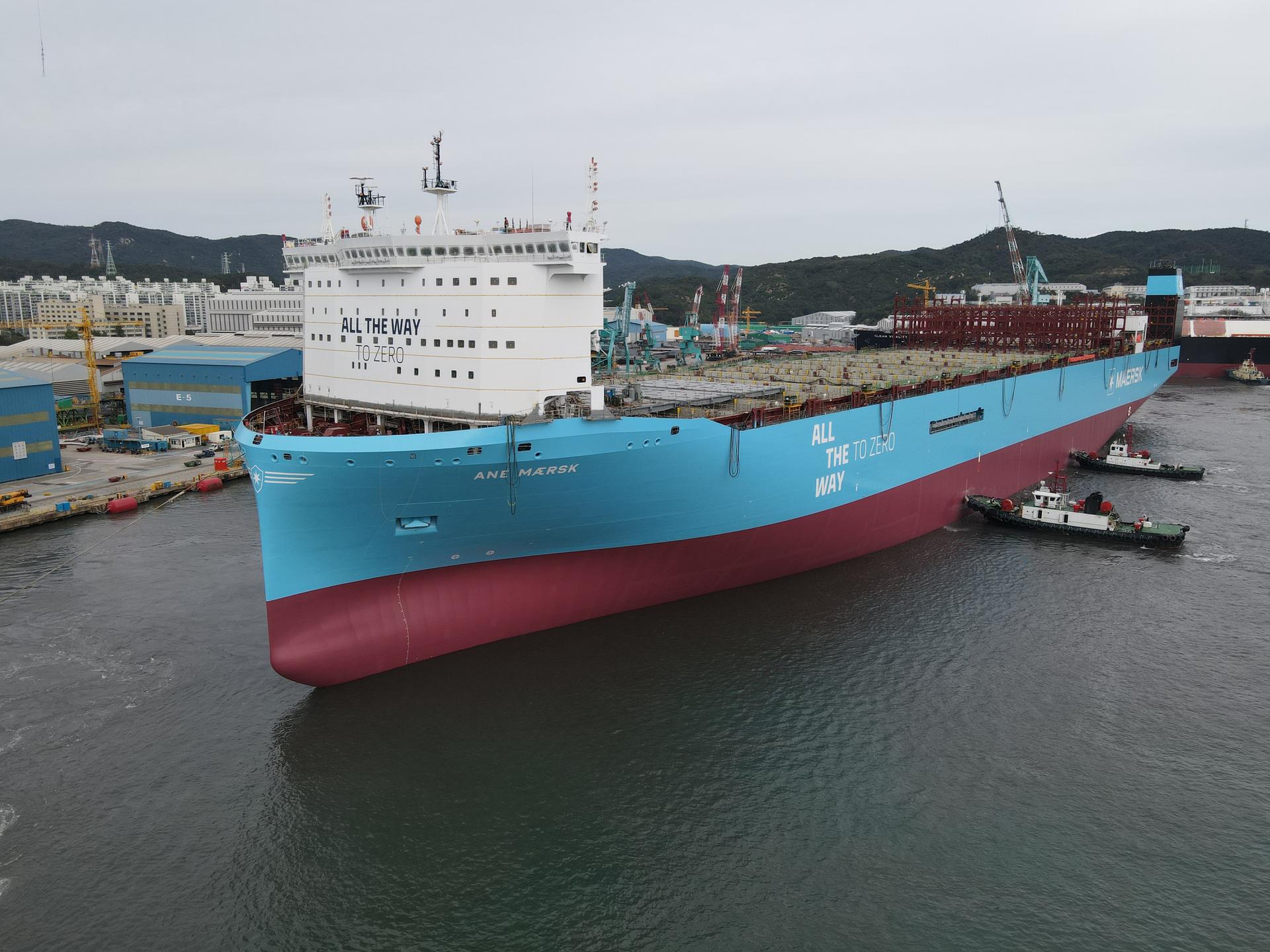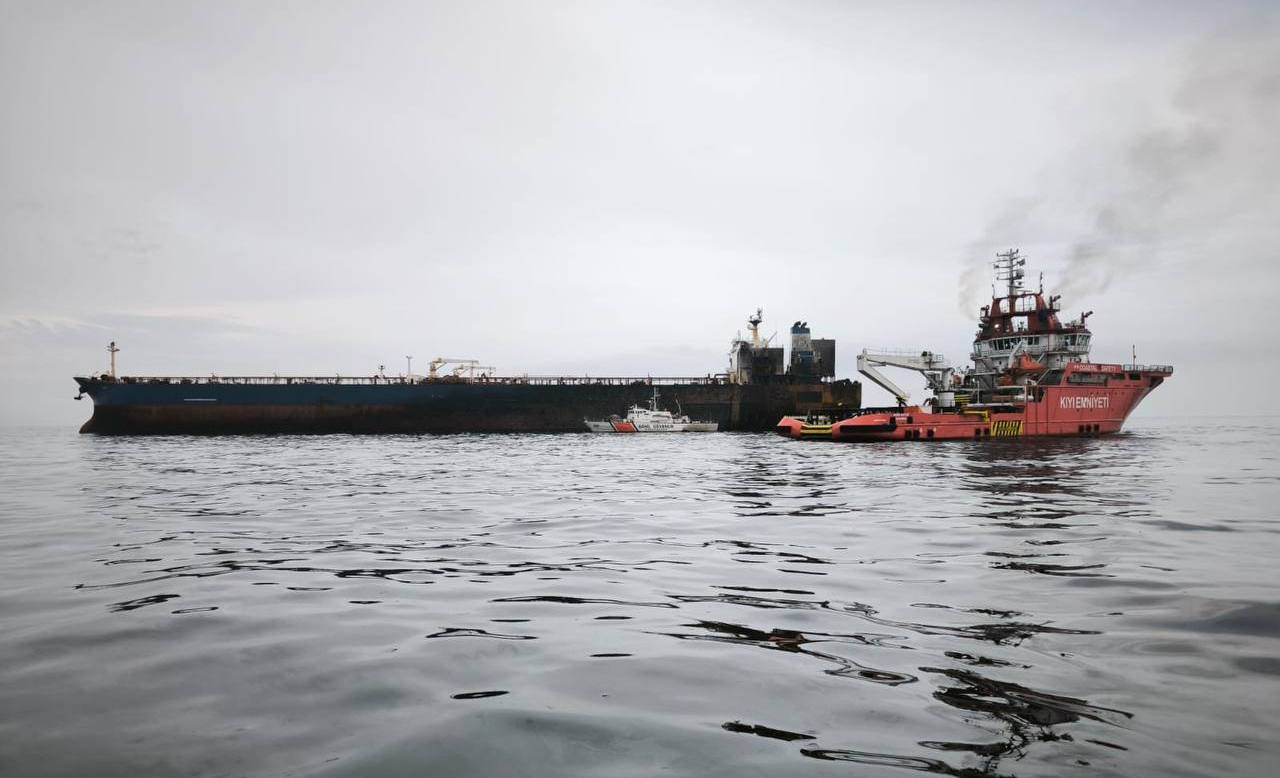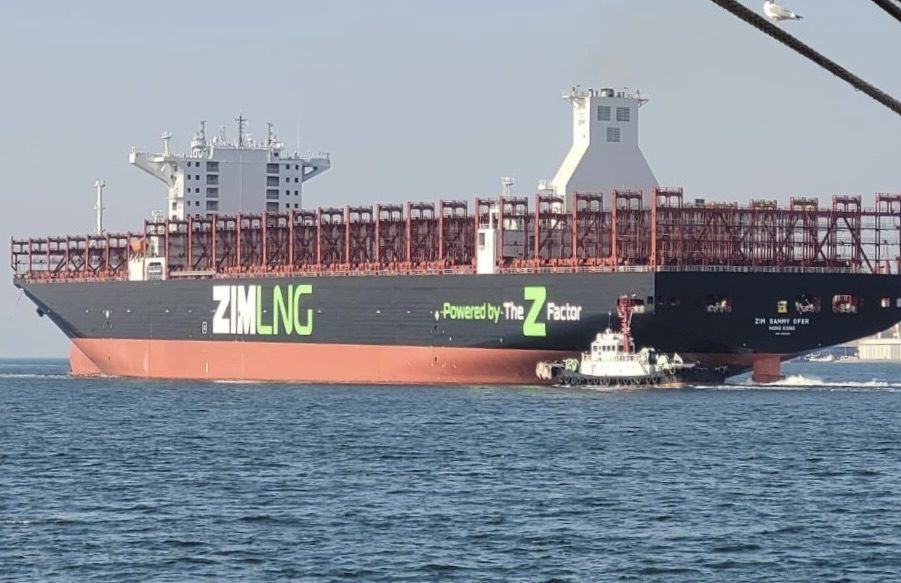Peter Sand, Xeneta’s container freight analyst extraordinaire, referred to shipping as “a constant barrage of risks coming into our everyday lives” at the outset of Xeneta’s monthly State of the Market webinar. The March episode, featuring guest Dr. Harry Broadman-Partner, Managing Director and Chair of the Emerging Markets Practice at advisory Berkeley Research Group, dealt with “The Impact of Sanctions Against Russia on Global Shipping”.
The hour-long session really divided into two streams, initially offering an update on the market conditions in the major container runs, courtesy of Xeneta’s extensive database on rates paid by cargo interests, and then a conversation teasing out the expert viewpoints of Dr. Broadman, a high level consultant whose career has included multiple stints in the White House advising, negotiating, and implementing international trade policies.
Against the backdrop of a softening of liners’ rates for moving 40 foot boxes on major runs China to Europe (at high levels) and China to US West Coast along with a flattening of the China to US East Coast rate (also at high levels following shifts of cargo from the West Coast), Mr. Sand expressed a view that the ongoing Covid-related lockdowns in China could become a serious concern—potentially bringing about a repeat of previous bouts with Chinese port closures.
Dr. Broadman, questioned on what might happen, expressed a “significant concern” if impact of a spread of the virus (with the strict responses in the form of lockdowns) beyond southern China. Mr. Sand tied port closures into the question of the major carriers’ “reliability”, noting that, “right now they all do an appallingly poor job.” He pointed to a rise in longer term commitments (with rising costs per 40 footer), citing the possible improved schedule performance if long-term deals are in place.
Going beyond Covid, then there’s Ukraine and all the potential geopolitical entanglements and entrapments that could happen, in a trade arena where “nothing is walled off” and “everything is connected.” When asked about advice being given to his firm’s corporate clients, Dr. Broadman indicated a propensity of clients wanting to voluntary pull back from business dealings in Russian, citing “reputational risk” (and their desire not to be “shamed”).
He went on to add that “the scarring [an unraveling of the political and social fabric in the region] might be quite permanent…unless there is a change in the power apparatus in Moscow”, meaning that corporations would stay out of Russia, even if the Ukraine war were to end relatively quickly. “This is going to set back the region quite a bit from an investment perspective and from a trade perspective.”
Peter Sand provided some perspective on the numbers; Russia is the 12th largest economy in the world. In the container trades, it accounts for 2-1/2 percent of world container moves (mainly imports), half of that inbound into the Baltic Sea, the other part split between the Black Sea and Far Eastern ports.
On questions of what might happen if further trade sanctions that might emerge; if China moves in to support Russia’s efforts in Ukraine, Xeneta’s slides described the situation as a “very dark cloud” framed around the big theme of “Globalism versus Nationalism.”
Dr. Broadman said, “it would be unprecedented if the two largest economies (U.S. and China) were involved in sanctions let alone the trade issues,” referring to the “Trade War” initiated during the Trump years. “It depends how both the U.S. and China manage the relationship…both are facing large stakes to make it work.”
On Chinese leader Xi Jinping, Dr. Broadman opined that: “I think that Xi has shown himself to be a pretty insightful leader. He’s got a lot of power, obviously, at home. But I think that the last thing that he wants to do is to scar his own reputation by engaging in a more significant trade or sanctions war with the United States.”
As this part of the discussion wound down, Xeneta’s Peter Sand brought up China’s Belt & Road Initiative, suggesting that China still needed the goodwill of a broad swath of countries to achieve its ends.

 Join The Club
Join The Club











